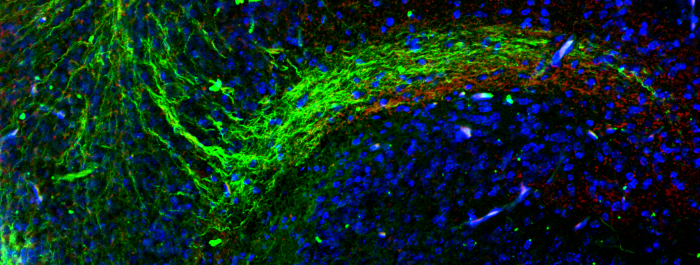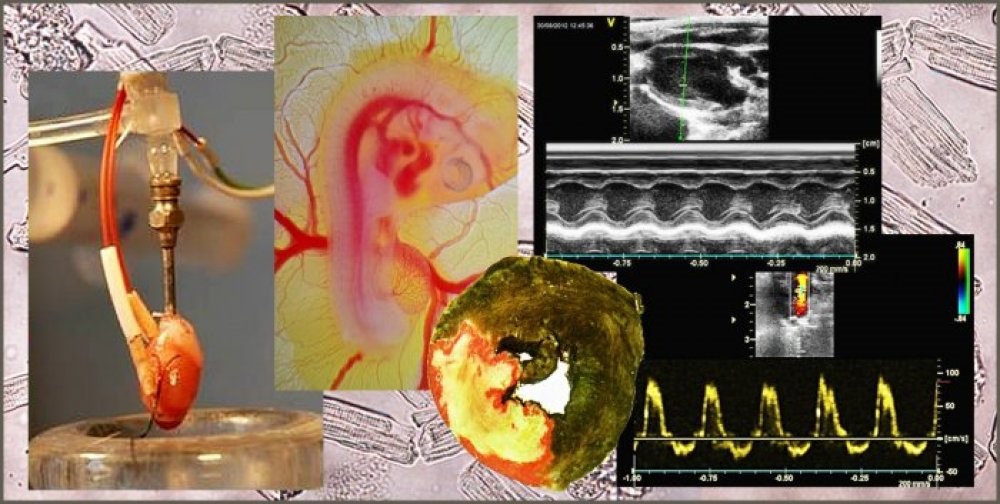Research topics

Content of this page

About research
Scientific laboratories are currently grouped according to their research interests.
Neuroscientific research covers a broad spectrum of problems ranging from the mechanisms of neurotransmitter release and actions of transmitters on their receptors to integrative functions of the central nervous system, such as memory, regulation of circadian rhythms and pathophysiological mechanisms of epilepsies.
Research concerning the physiology and pathophysiology of the cardiovascular system focuses on the developmental aspects of cardiac contractile function, experimental hypertension and renovascular physiology. Special attention is being paid to the role of proteins and cell membranes.
Research of metabolism covers problems related to cell metabolism, functions of mitochondria, membrane transport and signal transduction are investigated at both the cellular and intercellular level.
Neuroscience

The research into the field of neuroscience at our institute covers many aspects of neural transmission, not only in a practical way, but also in a theoretical way using computer simulations and modelling.
We investigate in detail the biochemical principles of signal transmission from one cell to another, i.e. mechanisms of neurotransmitter release and interactions between neurotransmitters and their receptors (e.g. muscarinic acetylcholine receptors, purinergic P2X receptors, vanilloid TRPV receptors). On the other hand, we study also integrative functions of the central nervous system that include:
- cognitive functions (memory, space orientation, or learning),
- regulation of circadian rhythms (i.e. processes repeated rhythmically during the 24-hour period),
- mechanisms of drug addictions, chronic pain, or epilepsy.
Among other diseases of nervous system, our research focuses also on Alzheimer’s disease or schizophrenia.
Scientific laboratories
Cardiovascular Physiology

Cardiovascular diseases (hypertension, cardiac arrhythmias, or heart failure) have been recently the most frequent cause of death in the developed countries. The older the Western population has got, the more frequent incidence of cardiovascular diseases there has been.
The explanation of physiological as well as pathophysiological processes within the cardiovascular system therefore represents an important goal of our research.
We study:
- mechanisms of development and prevention of ischemic heart disease that leads to heart attack,
- developmental aspects of heart contractions and their role in heart arrhythmias,
- mechanisms of vascular contraction and their use for treatment of hypertension.
In addition, we contribute to the development of biomaterials that would be suitable for synthetic vascular substitutes. We also look for genes, whose defects or modifications can underlie some of the cardiovascular diseases.
Metabolism

We study metabolic processes and signal transduction also at the cellular and molecular level.
Concerning energy metabolism, we study mitochondria under both physiological and pathophysiological conditions. We look into the mitochondrial structure and function at mitochondrial defects as well as other metabolic, cardiovascular, and neurophysiological diseases.
Studying various models of mammalian and yeast cells, we investigate transport systems in cell membranes that also play an essential role in cell metabolism.
In the field of signal transduction, we try to explain molecular principles of neural transmission under both physiological and pathophysiological conditions.
